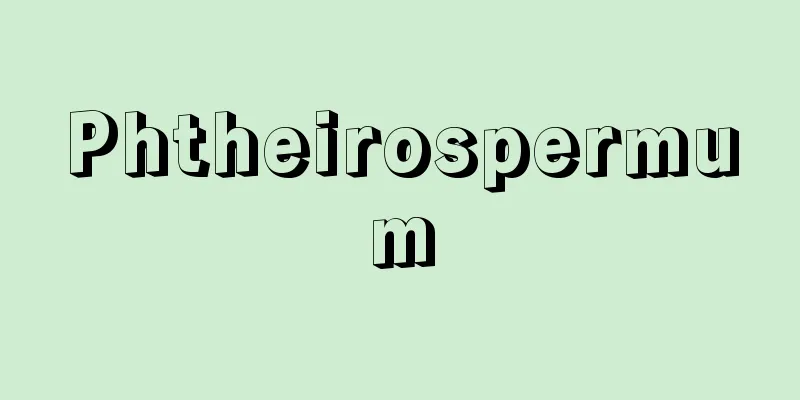Time adjustment - Jicho

|
A fixed form of poetry unique to Korea. It consists of three chapters, six lines, and about 45 characters. The basic rhythm is three-four or four-four, but one or two syllables are allowed. However, the first line of the final chapter must be three syllables, and the second line must be at least five syllables. Based on this basic form, there are two types of poems, Jungsijo and Chosijo, which have an extended second chapter (middle chapter), but the form of the final chapter is maintained. There is a theory that the origin of Sijo can be found in the village songs of the Silla period, but it is generally believed to have begun at the end of the Goryeo period. It is a literary genre unique to Korea that still lives on today, like Japanese tanka. It was originally called Shiyo, Chotanka, Shinhan, etc. The name Jicho was first used in the 18th century, meaning "seasonal song" or " seasonal song style ," in other words, the popular song style of the time. Therefore, Jicho is not the name of a literary genre, but rather the name of a musical tune, which gradually became the name of a fixed form of poetry. The contents are diverse, such as nostalgic songs, loyalty songs, love songs, and songs of escaping the world, but there are particularly many songs about flowers, birds, the moon, and love between men and women. "Do not brush away your sleeves that are still filled with tears, my lord. / On the bank of the distant river, the sun sets on the travelling sky. / I sit here holding the light of the hollow inn, feeling lonely." (Written by Li Minghan, translated by Tanaka Akira). After the mid-Joseon period, the genre reached its peak with the compilation of such collections of sijo poems as "Cheongkyu Youngeom," "Haedong Kayo," and "The Origin of Songs." The authors ranged from kings to courtesans and common people. [Yoon Hak Jun] "Korean Ancient Sijo" edited and translated by Minoru Wakamatsu (1979, Koryo Shorin)" ▽ "Sijo - The Poetic Spirit of Korea" by Yoon Hakjun (1978, Sojusha) Source: Shogakukan Encyclopedia Nipponica About Encyclopedia Nipponica Information | Legend |
|
朝鮮固有の定型詩。三章六句体、45字内外で構成される。音律数は三・四調または四・四調が基本となるが、1音節または2音節程度の加減は許される。しかし、終章の初句はかならず3音節に、また第二句は5音節以上と決められている。これを基本形として、第二章(中章)を伸ばした中時調、長時調があるが、終章の形式は守られている。時調の淵源(えんげん)は、新羅(しらぎ)時代の郷歌(きょうか)に求める説もあるが、一般的には高麗(こうらい)末に始まるとされている。朝鮮独特の文芸ジャンルとして、日本の短歌のように今日もなお生き続けている。初めは詩余、長短歌、新翻などとよばれていた。 時調という名称が使われたのは18世紀ごろで、「時節歌」または「時節歌調」、つまり当代の流行歌調という意味であった。したがって時調は、文学ジャンルの名称というよりは音楽の曲調の名称で、それがいつのまにか定型詩の名称に転じた。内容としては懐古歌、忠節歌、恋君歌、逃避棄世歌など多様であるが、花鳥風月や男女の恋愛を歌ったものがとくに多い。「涙にとどむるその袖(そで)を 君うち払い行くなかれ/眼界(まなじ)はるけきかの土手に 日の暮れはつる旅の空/うつろ旅籠(はたご)のともしびを かかげて坐(ざ)せば淋(さび)しきに」(李(り)明漢作、田中明訳)。李朝中期以後『青丘永言』『海東歌謡』『歌曲源流』などの時調集が編纂(へんさん)され絶頂に達した。作者は国王から妓女(ぎじょ)、庶民に至るまで幅が広い。 [尹 學 準] 『若松実編・訳『韓国の古時調』(1979・高麗書林)』▽『尹學準著『時調――朝鮮の詩心』(1978・創樹社)』 出典 小学館 日本大百科全書(ニッポニカ)日本大百科全書(ニッポニカ)について 情報 | 凡例 |
<<: Audiovisual education - Shichoukakukyoiku (English spelling) audio-visual education
Recommend
Weather observation ship
An observation vessel that conducts meteorological...
Evans, Sir Martin J.
Born January 1, 1941. Stroud. British scientist. H...
Grand Guignol
Founded in 1895 in Montmartre, Paris, this theater...
tattva
… [Gen Kida] 【India】 In India, there are various ...
latching relay
…One of the features of electromagnetic relays is...
Ruiyou peony - Ruiyou peony
Its leaves resemble those of the peony, hence the ...
Iris albicans
…[Tetsuichi Yahara]. … *Some of the terminology t...
Kogge Ship - Koggesen (English spelling)
One of the various ships used in maritime commerce...
MDF - MDF
An abbreviation for medium density fiberboards. F...
Saint Helena (Island) (English spelling)
An isolated British island in the South Atlantic, ...
Zhou Bo; Chu Po
[raw]? [Died] Emperor Wen 11 (169 BCE) The first m...
Palace - Palace
〘Noun〙 ("Qu" means palace gate) Palace. ...
Red Admiral (English spelling) redadmiral
...The larvae feed on the leaves of plants in the...
Lecteurs royaux (English spelling) Lecteurs royaux
…His knowledge of Greek language, which became th...
One-eyed
1. The number of eyes is one. First "The mons...









